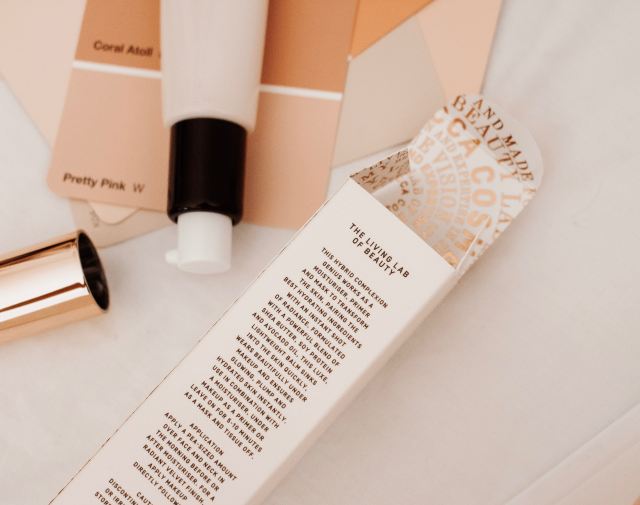
Many companies in Asia-Pacific have been increasing their push into sustainability in recent times, but that trend is currently put on pause, according to research firm GlobalData.
The move towards sustainability saw many businesses switch to more eco-friendly alternatives, such as replacing plastic materials and removing single-use packaging but since the outbreak of COVID-19, companies may resort to plastic packaging to combat the spread of the pandemic, putting the sustainability aspect in the back seat.
Concerns around food hygiene due to COVID-19 could increase plastic packaging intensity which is likely to hurt the sustainability efforts of the industry in the near term, according to GlobalData.
“Covid-19 seems to have originated at a wholesale seafood and meat market in Wuhan. Following the epidemic, the Chinese government is likely to enforce tighter regulations to change meat handling and distribution practices,” the firm mentioned.
“Distributing meat in plastic packaging is likely to reduce the risk of a future outbreak but it may negate some of the progress made towards sustainability goals.”
It identified that aseptic single-use packaging is back in fashion after food and beverage brand Yakult launched its first aseptic products on the Korean ambient market in Ecolean Air Aseptic lightweight packages.
In addition, the adoption of disposable packaging is likely to gain traction due to the (temporary) rise in demand in food delivery and takeaway in the APAC region.
GlobalData practice head of consumer beverages Arvind Kaila said single-use packaging, which has faced lots of criticism in recent years because of environmental concerns, might be seen as a better packaging alternative from a ‘hygiene’ point of view because of limited handling/access of the inner products.
“This may hurt sustainability goals sustainability goals set forth by governing bodies and businesses alike.
COVID-19 appears likely to create a long-term effect for online retail; persuading online-sceptic consumers to move spend away from physical stores in a bid to reduce time spent in public places,” he said.
“For Instance, lockdown in India started this week led to ‘panic stocking’ by consumers of all packaged food items, which will further drive plastic packaging in near term.
“However, understandably, these consumers’ views are likely to change for more hygiene-driven features in the short term, in which consumers may view disposable packaging as positive.”


